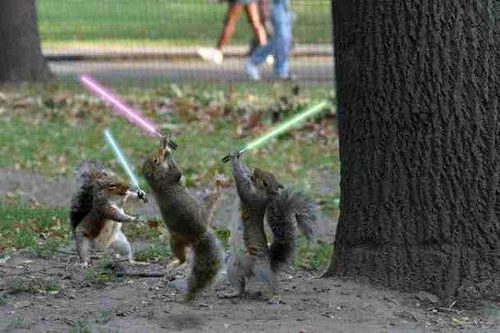Science tries to give us a better understanding of our reality. A better understanding, or model of our reality allows us to make more accurate predictions about what will happen next. Having a good model of what will happen next allows us to benefit by making decisions which will result in increased happiness and avoiding decisions which will result in decreased happiness. The way that science works begins with someone using their imagination to make a hypothesis. A hypothesis is an untested idea. A hypothesis is by definition incorrect much of the time, and unproven all of the time. It is neccessary to have hypotheses in order to have science.
An athiest believes that religious people have a model of reality which will not serve them well in making predictions. That means that they make suboptimal decisions which make their lives, and often the lives of others, worse. Therefore it is optimal for an athiest to try and encourage people in the world towards a scientific way of thinking.
I do not believe that it is constructive or optimal to antagonise people who have an incorrect model of the universe. I think, for example, that publishing cartoons which offend an incorrect person is suboptimal when it comes to the goal of enlightening them. I think a much better strategy is to give them as much information as possible so that they can arrive at their own conclusions based on the available data, and disprove their own existing incorrect hypotheses. I think that it is optimal, constructive, and safer to respect all people, including those who you think are wrong.
I think that education is a better strategy than disrespect and mockery.
It's probably not possible for a human to have a 100% accurate model of reality (otherwise that model would be reality itself). This means that each of us has a flawed model of reality. All of us are incorrect people, hence all of us can only make predictions with limited accuracy, and importantly, we require other people to build a consensus model that is more correct than the one we might individually hold.

To summarise, we should tolerate people who are wrong because:
- It is neccessary to be wrong in order to form hypotheses and progress science. (It is neccessary to be wrong before you can be right.)
- Antagonising people who are wrong does not help us all make better models about reality, as much as educating them, and it often has an adverse effect of making us less safe.
- We are all mostly wrong, and probably always will be.
